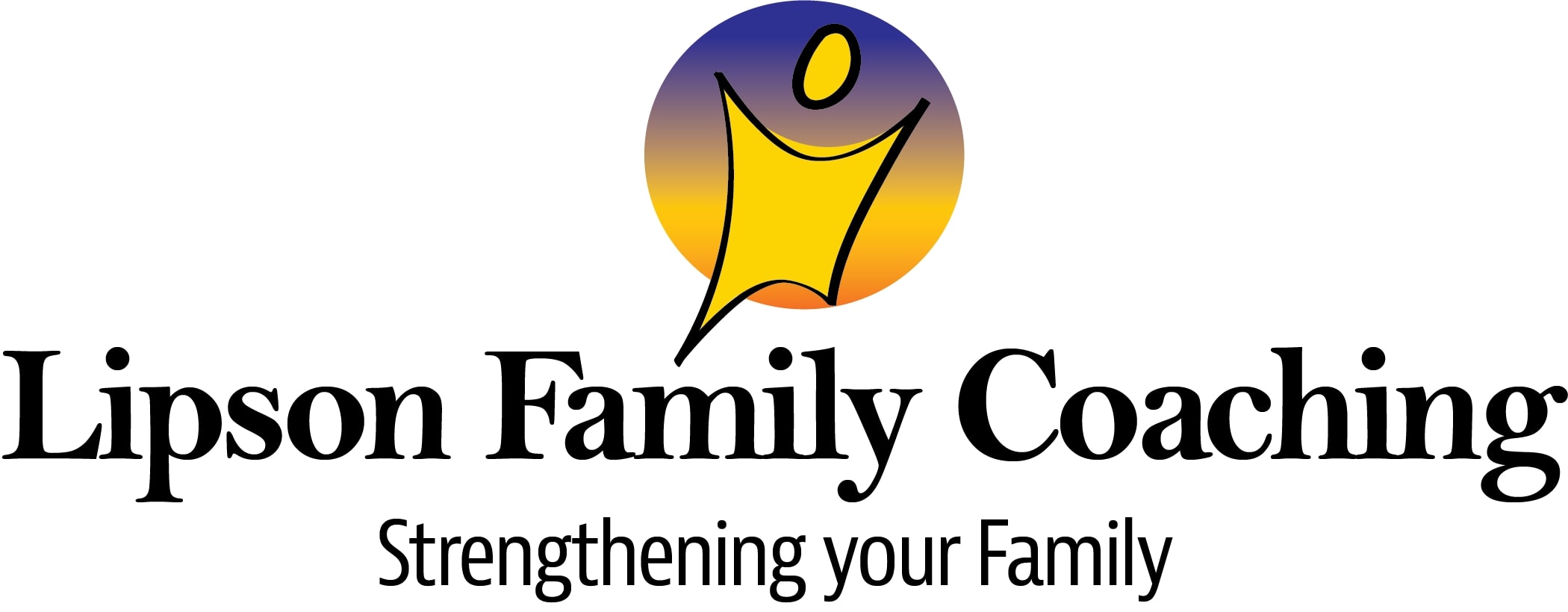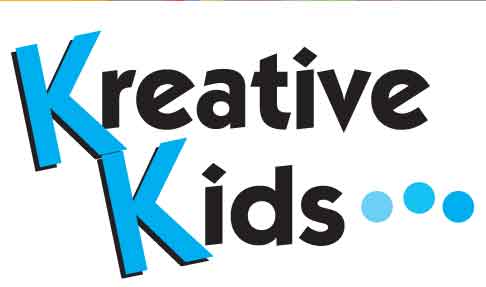Get the Best Family Activities
The research is important because it may lead to interventions to reduce risk factors for eating disorders, which are among the most serious forms of mental illness.
“Eating disorders are associated with the highest rates of mortality of any psychiatric illness,” Keel said. “They are associated with high rates of chronicity—they’re not things that women necessarily grow out of. We know that peer factors have a significant influence, so understanding when and how peers do things that are unhelpful to one another gives us an important opportunity to protect and prevent.”
Ironically, Facebook may be one of the best ways to employ intervention strategies, such as encouraging women to put a stop to so-called “fat talk.”
“That’s when women get together and engage in negative commentary, usually about their own body, and it gets reinforced because it’s a way women bond with one another and they get reassurance—‘Oh, no, you don’t look fat. Look at me,’” she said. “It’s bad for women because it reinforces how important it is to be thin and reinforces really negative talk about the self.”
Keel’s advice to young women?
“Consider what it is you are pursuing when you post on Facebook,” she said. “Try to remember that you are a whole person and not an object, so don’t display yourself as a commodity that then can be approved or not approved.”
The findings were outlined in a paper, “Do You ‘Like’ My Photo? Facebook Use Maintains Eating Disorder Risk,” which was published in the International Journal of Eating Disorders. Keel’s co-authors are Annalise G. Mabe, a 2013 alumna who proposed the topic for her undergraduate honors thesis, and doctoral student K. Jean Forney, both of FSU.
Also see:
NYMP Q&A: Teens and Social Media
Do Males Get Eating Disorders?



.jpg)

